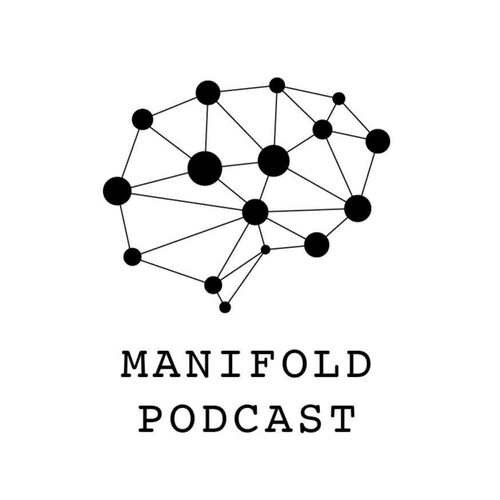
 Manifold
Manifold Louis-Vincent Gave: Understanding China’s Economy, and U.S. Competition — #50
Dec 14, 2023
Louis-Vincent Gave, financial expert and founder of Gavekal, discusses China's economic growth, its focus on education, and the global implications of its economic and political policies. Topics include China's real estate market, the impact of China's economic growth, comparing the size of the Chinese and U.S. economies, China's trade surplus and U.S. debt, and the possibility of a U.S. debt crisis.
Chapters
Transcript
Episode notes
1 2 3 4 5 6 7 8 9
Introduction
00:00 • 2min
From France to Hong Kong: A Journey to Independence
01:42 • 13min
Living in Different Cultures and Focusing on Emerging Markets
14:17 • 9min
China's Education System and Technological Advancements
23:41 • 15min
China's Rapid Growth and Expanding Trade Surplus
38:44 • 23min
Understanding the Factors Contributing to Youth Unemployment in China
01:01:30 • 2min
Understanding Labor Markets, Tech Founders, and College Expectations
01:03:15 • 2min
Embracing Risk and Entrepreneurship in China
01:05:22 • 2min
China's Trade Surplus and US Debt Obligations
01:07:11 • 20min

